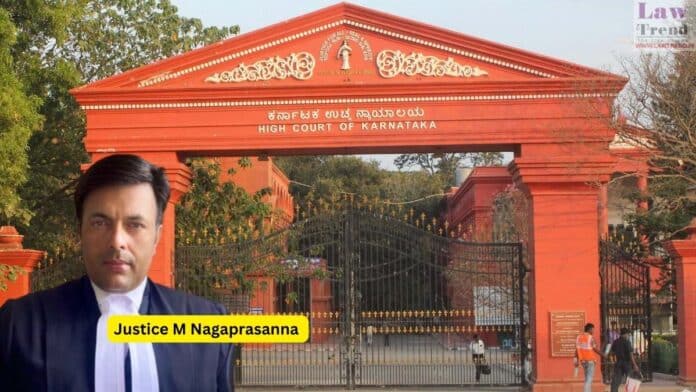The Karnataka High Court has reiterated that the discretionary power under Section 391 of the Criminal Procedure Code (CrPC) to admit additional evidence at the appellate stage is limited to exceptional cases where a party was unable to present such evidence at trial despite exercising due diligence. Justice M. Nagaprasanna made the observation while dismissing
To Read More Please Subscribe to VIP Membership for Unlimited Access to All the Articles, Download Available Copies of Judgments/Order, Acess to Central/State Bare Acts, Advertisement Free Content, Access to More than 4000 Legal Drafts( Readymade Editable Formats of Suits, Petitions, Writs, Legal Notices, Divorce Petitions, 138 Notices, Bail Applications etc.) in Hindi and English.




